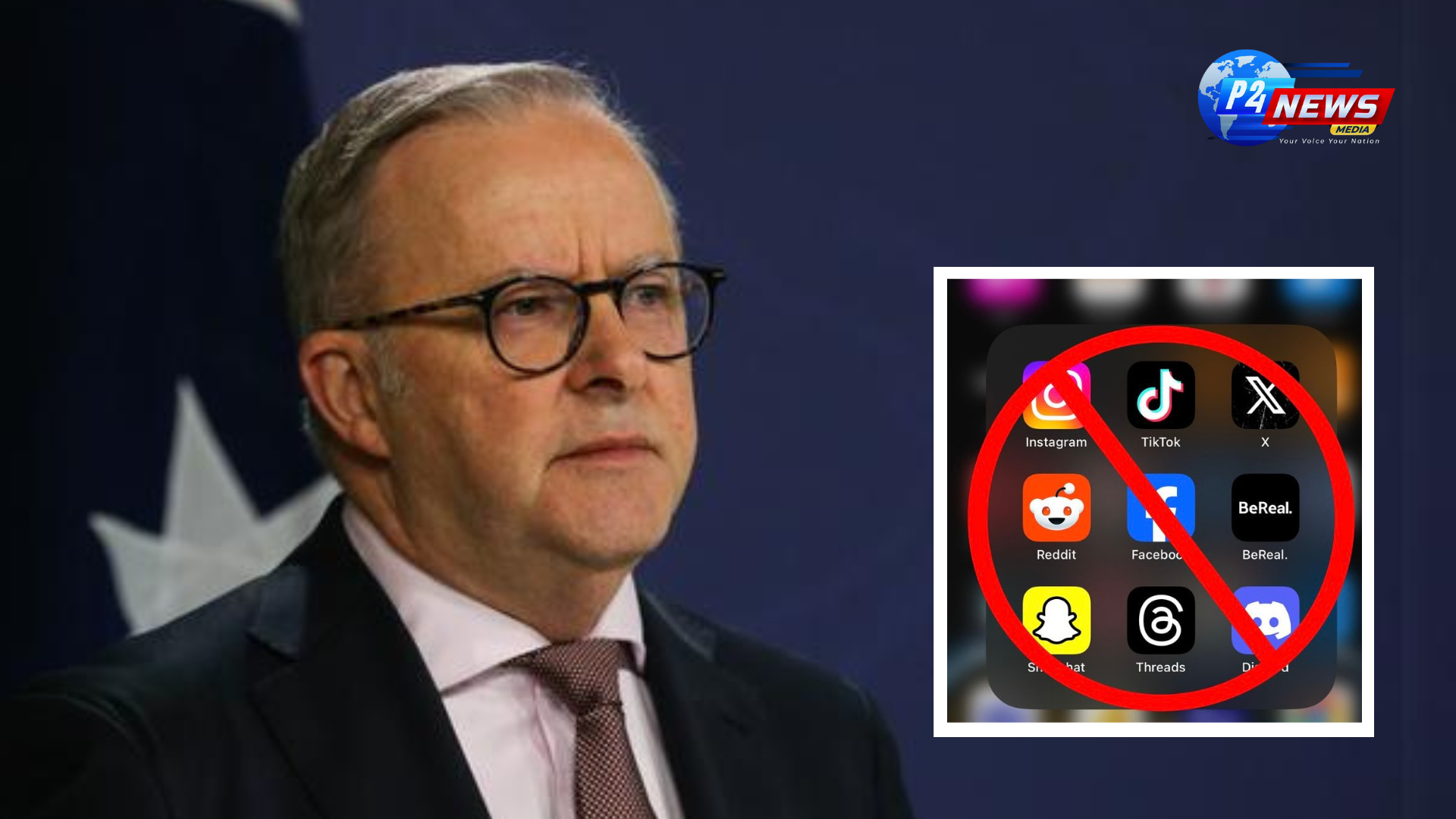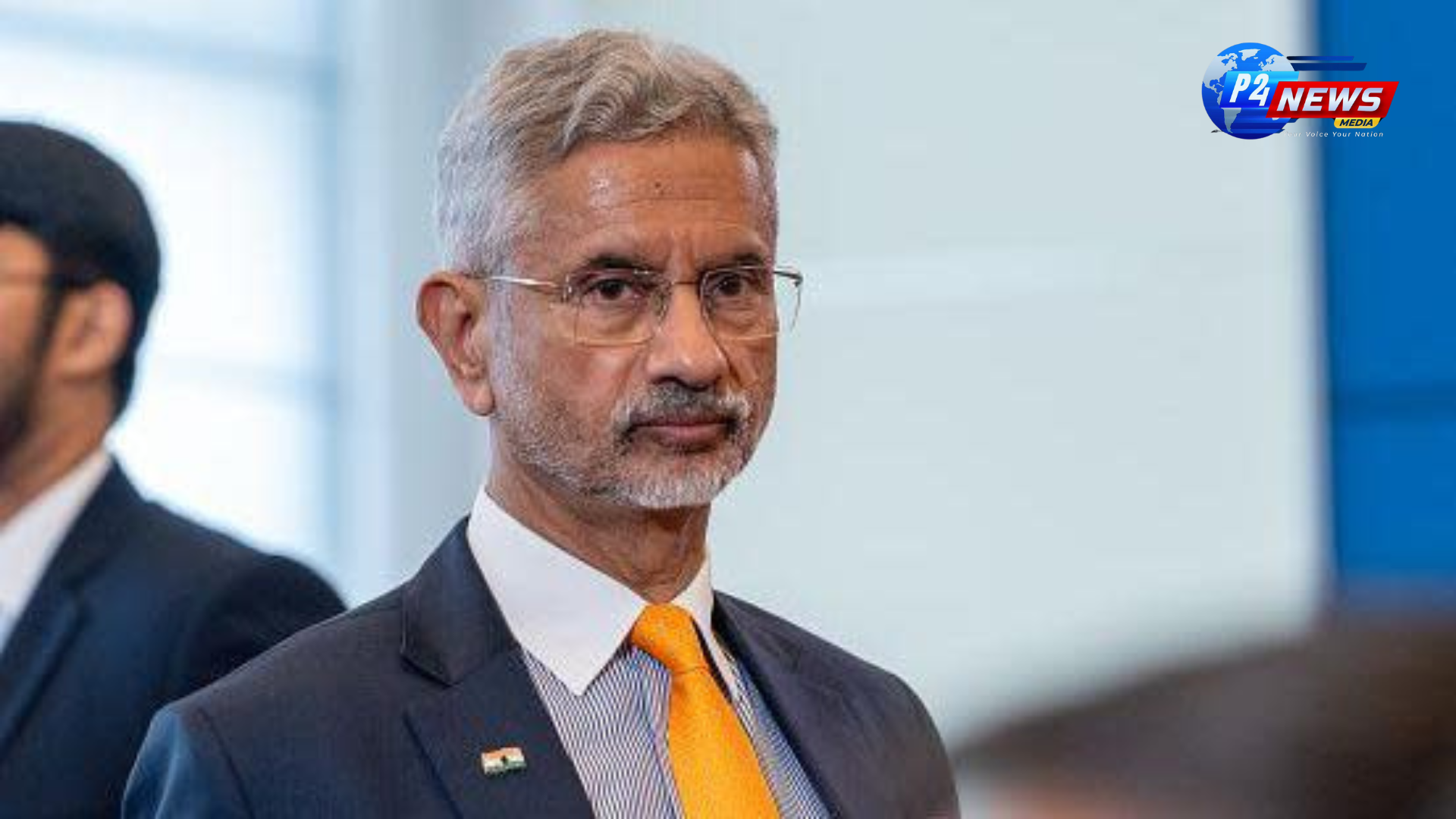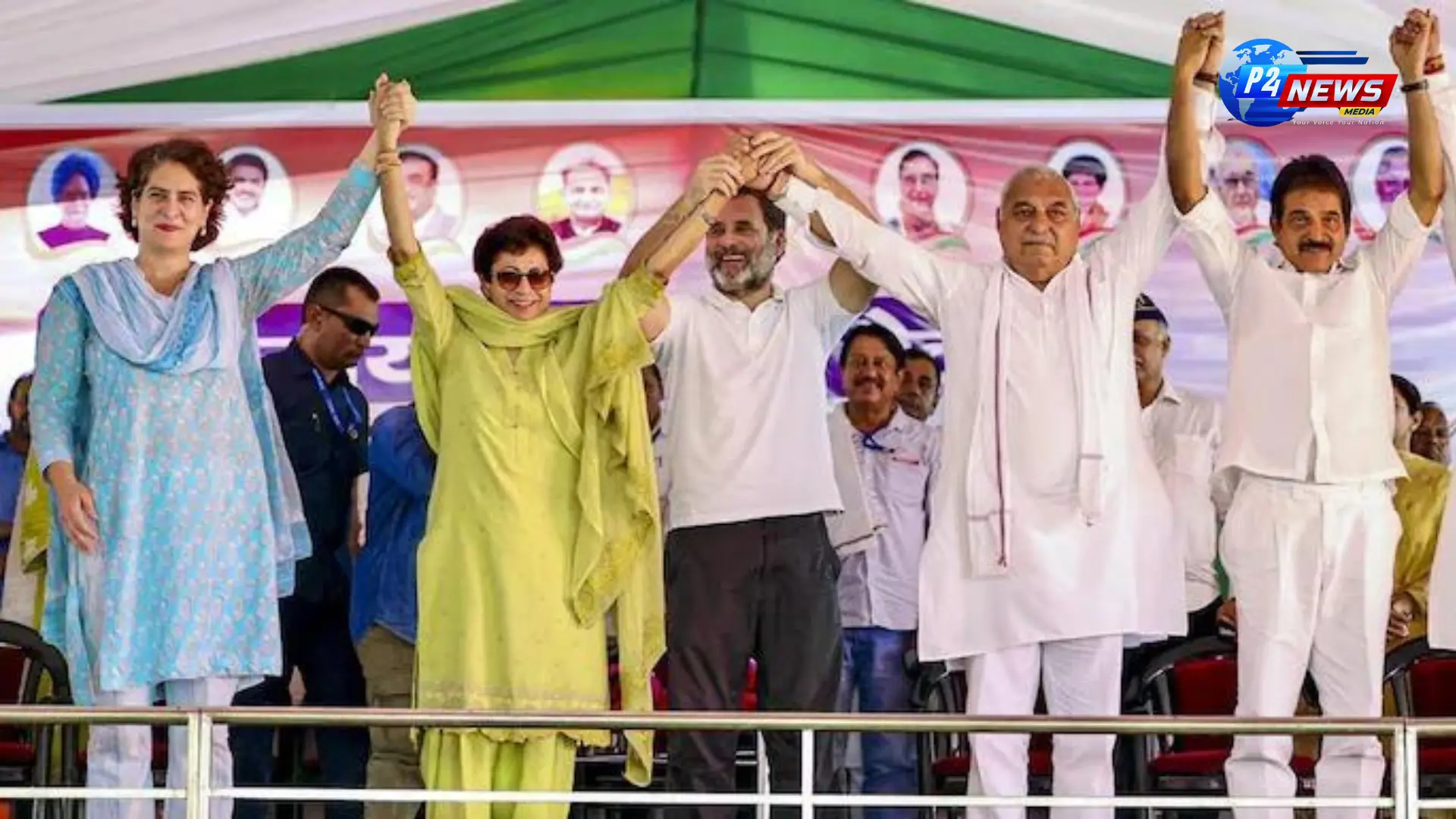Prime Minister Anthony Albanese has initiated a significant dialogue with state leaders regarding the establishment of age limits for social media usage. His appeal aims to gather feedback on suitable age restrictions as part of a broader strategy to safeguard young users from the harms associated with social media platforms. While some states advocate for a minimum age of 14 to 16, the Prime Minister seeks evidence-based insights to formulate a robust legislative framework. By the end of 2024, he aims to introduce laws that prioritize the well-being of children, emphasizing the necessity of real-life interactions over virtual preoccupations. The government also encourages discussions on how to support young individuals during this transition, particularly vulnerable groups.
Prime Minister Albanese's Call for Age Limits on Social Media
In an important move for child safety, Prime Minister Anthony Albanese has reached out to state premiers and territory chief ministers, urging them to propose suitable age restrictions for social media access. This initiative is a part of the government’s commitment to protect children by ensuring they engage with social media responsibly.
Current State of Age Limit Proposals
There is a notable divergence among states regarding the proposed minimum age for social media use. Leaders have suggested varying age limits, typically ranging between 14 and 16 years. The Prime Minister is requesting these leaders to provide empirical data supporting their recommended cutoff ages and consider the potential need for exceptions in certain cases.
Concerns and Considerations
Albanese's consultation also encompasses inquiries regarding the implications of existing phone bans in certain states. He is seeking insights into how these age restrictions may align with current regulations, particularly focusing on the need for a consistent approach across various territories.
Supporting Young Users
In addition to establishing an age limit, the Prime Minister emphasizes the importance of supportive measures for young individuals affected by these new regulations. States must articulate their strategies for assisting youths, especially those who may struggle with the withdrawal from social media. This includes exploring alternative means for social engagement and community connection, particularly for marginalized groups such as LGBTQI+, Indigenous populations, and rural teens.
The Legislative Timeline
Prime Minister Albanese has assured that the formal introduction of social media age restrictions will occur by the end of 2024. This timeline underscores the government’s intention to move quickly while ensuring that comprehensive feedback from state leaders and stakeholders is incorporated into the final proposal.
The Rationale Behind the Initiative
Albanese advocates for prioritizing real-life experiences and interactions for children, stating, “We know social media is doing social harm.” His commitment to keeping children safe in an increasingly digital world is reflected in his statement about the necessity of fostering happy, healthy, and confident youth.
A Focus on Protection, Not Punishment
It is critical to note that the direction towards a minimum age for social media access is framed as a protective measure. The Prime Minister has highlighted that this initiative aims to shield young users rather than to punish or isolate them. This is an essential consideration for parents and guardians as the discourse around social media evolves.
Conclusion
As discussions unfold among state leaders, the perspective that emerges is one of fostering safety and well-being among the youth populace. The anticipated legislation hopes to strike a balance between necessary regulation and the preservation of social connections in the digital realm. The government’s initiative reflects a growing recognition of the complex role that social media plays in the lives of young individuals, one that necessitates careful and considerate oversight.
'
















Comments 0